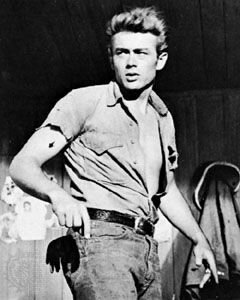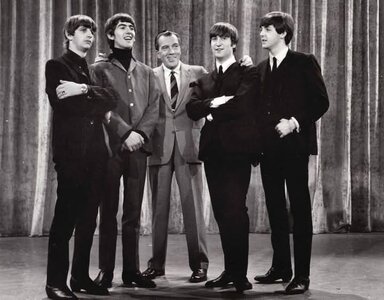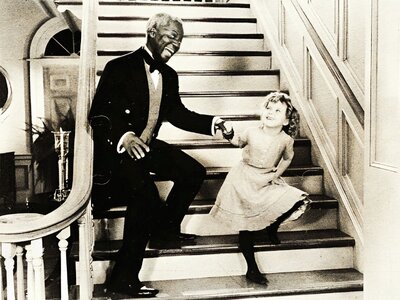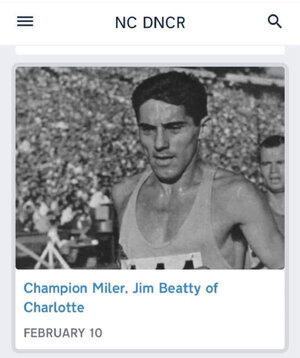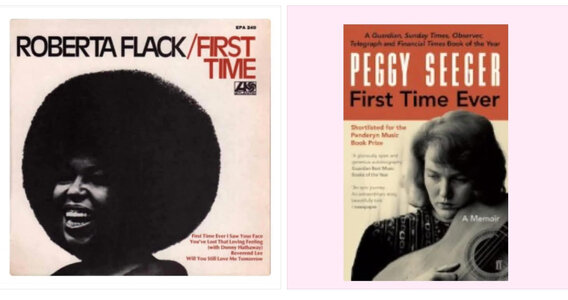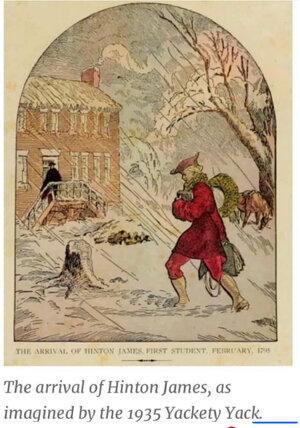- Messages
- 21,045
Dean Smith passed away on this day in 2015. He had been a presence in my life for all the years of which I had conscious memory. I was born in 1958 and he came to Carolina as an assistant men’s basketball coach to Frank McGuire in that same year. In 1961 he became the head coach, a job he was offered because he was known to be honest and because that team’s comportment had recently been dishonest. He also had no true head coaching experience and would come cheap. His slate was basically clean.
Coach Smith went on to become a legend of intellect, honesty, fair play, education, and “snatching victory from the jaws of defeat.” He coined the phrase “athletics are the front porch of the university” and from 1961 until he retired in 1997 kept his program — a program because it was so much more than just a team that played games — invitingly respectable.
I was a ‘sporty’ kid, first captivated by baseball. Because I ended up playing third base in Little League I gravitated to the Baltimore Orioles, where the greatest fielder of all time, Brooks Robinson, played that position. It was around that time, 1967 or so, that Batman, Zorro, and Tarzan began to give way to real life heroes of the diamond and the hard court. My first basketball icons were very local - the high school Chatham Central Bears whose wins and losses I saw live on chilly Chatham evenings in the packed and partisan gym in Bear Creek.
Thanks to C.D. Chesley, by 1970 we were getting two Atlantic Coast Conference basketball games a week on television. I lived in a Carolina home so we knew where to find the rest of ‘our’ games on the radio. Deep echoes of Bill Currie, “The Mouth of the South” are embedded in my memory but it was Woody Durham that really came to voice the Tar Heels for the many untelevised games ‘back then.’ But between the sometimes broadcast TV games, the always-on-the-radio ones, the heavy basketball coverage in ‘The Greensboro Daily News,’ and the not-to-be-missed “Dean Smith Show” on Sunday I came to know my coach. My Deddy also flavored how I valued Coach Smith with his carefully chosen words spoken during time outs, post game, and pasture walks counting cows. When he respected someone there was no doubt left in his tone of voice. And he truly revered Coach Smith.
I became a basketball player, a point guard, and Coach Smith’s principled and rational ‘Carolina Way’ was my inspiration. I was fortunate beyond any of my imaginings in those days to attend the ‘Carolina Basketball School’ in the early 1970s. I mowed a lot of yards and tilled gardens to foot that bill but it may have been the best money I ever spent. Really.
Coach Smith very intentionally called his summer programs in Chapel Hill a school and not a camp. So much more than game skills were communicated there. “Play hard, play smart, play together,” seems like such a simple precept - and it is - but when embraced fully it is a blueprint for living. I’m not going to go all full blown testimonial here but I will say that I came to find Coach Smith’s worldview as one worthy of emulation in times of challenge.
Had Coach’s life not been lived so openly and had he not so crucially met enduring challenges so much bigger than a 40-minute game he’d be but a personality I suppose. But instead he was a philosopher - Kierkegaard was one of his muses. At the risk of being sacreligious I admit that I have indeed asked myself, “What Would Dean Smith Do?” and his book, “A Coach’s Life” has been a guide to living.
It is not lost on me - in fact it struck me hard many years ago - that Coach Smith’s ideology was born of Christian theology and Progressive political thought. He found the left side of the aisle to be by far the most human, giving, honest, and by application, the most successful. He was as hated for that as he was loved.
I miss him and from the heat of “down eight points with seventeen seconds” moments to what is the genuinely ethical thing to do when I vote to every interaction in between, I do my best when I include a reflection of Coach Smith’s philosophy in my decision-making. I don’t say that with even an inkling of flippancy. Coaches can be our guides as readily as teachers or preachers - they can lead us for the common good or toward selfish ends.
Teams, collective enterprises, moments when the sum total is greater than the parts, communities — all succeed when the individuals in them work for a common goal that brings to each what they most need to thrive. Coach Smith taught that on a small scale with 15 young men at a time, modeling how we could be our best selves.
“Play Hard, Play Smart, Play Together” friends and we can carry the day.
Dean Smith, 2/29/31 — 2/7/15.
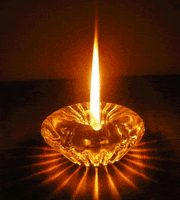
In loving memory.


